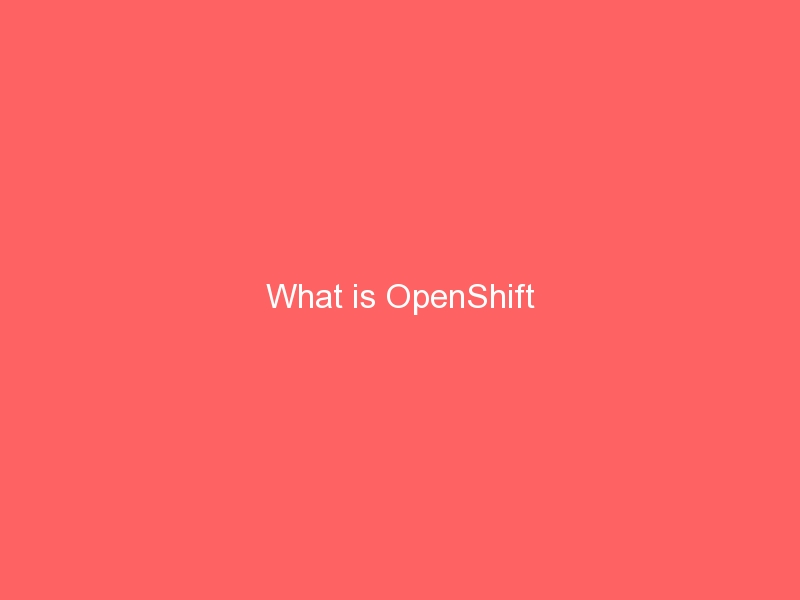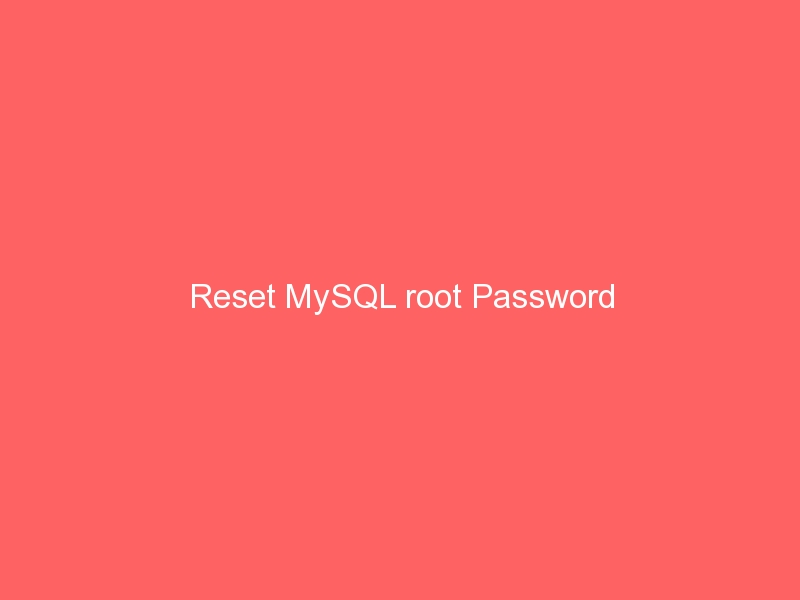Kubernetes is an open-source container as a service (CaaS) orchestration system for automating the deployment, scaling, and management of containerized applications, thus improving the applications development process. Some of Kubernetes’ features include:
- Processes automation—for example, which server will host the container.
- Self-monitoring—the platform provides constant checking of the health of servers and containers.
- Scalability—one of its main features is that it allows horizontal scaling, enabling organizations to quickly scale out their storage according to their workload needs.
- Flexibility—as an open-source cloud-based tool, you can run it in multiple environments, be on-premises, hybrid or public cloud infrastructure.
- Container balancing—the platform calculates automatically the best location for a container.
- Storage orchestration—integrates with most storage systems, meaning you can integrate Kubernetes with your AWS Elastic Storage, for example.
Benefits of working with Kubernetes include:
- Mature architecture—built on over a decade of Google engineers experience.
- Ongoing development—Kubernetes large and active community releases new features constantly. The user community works as a support network fostering collaboration.
- Rich application support—supports a wide spectrum of programming languages and frameworks. This flexibility enables Kubernetes to satisfy a varied range of use cases.









